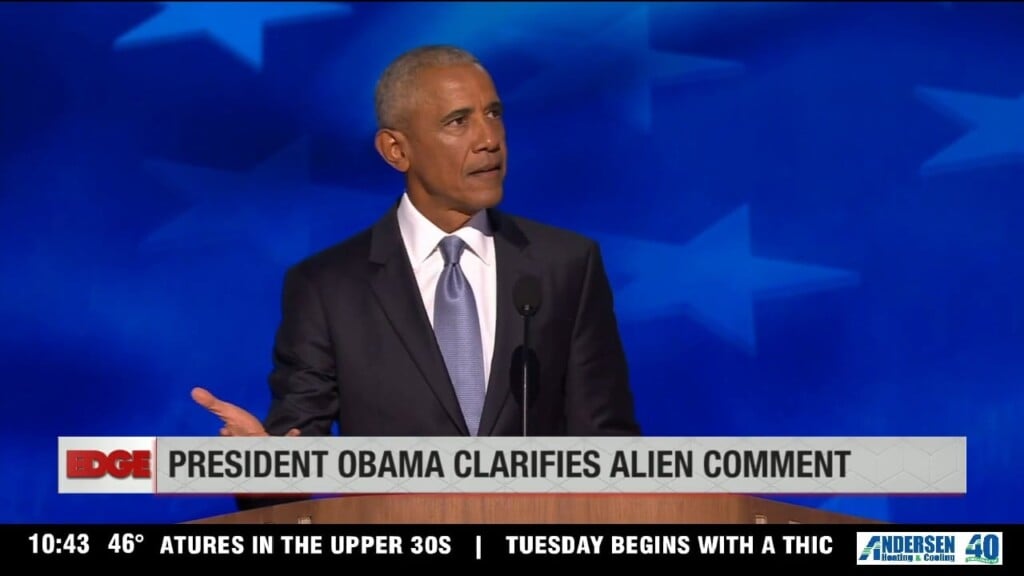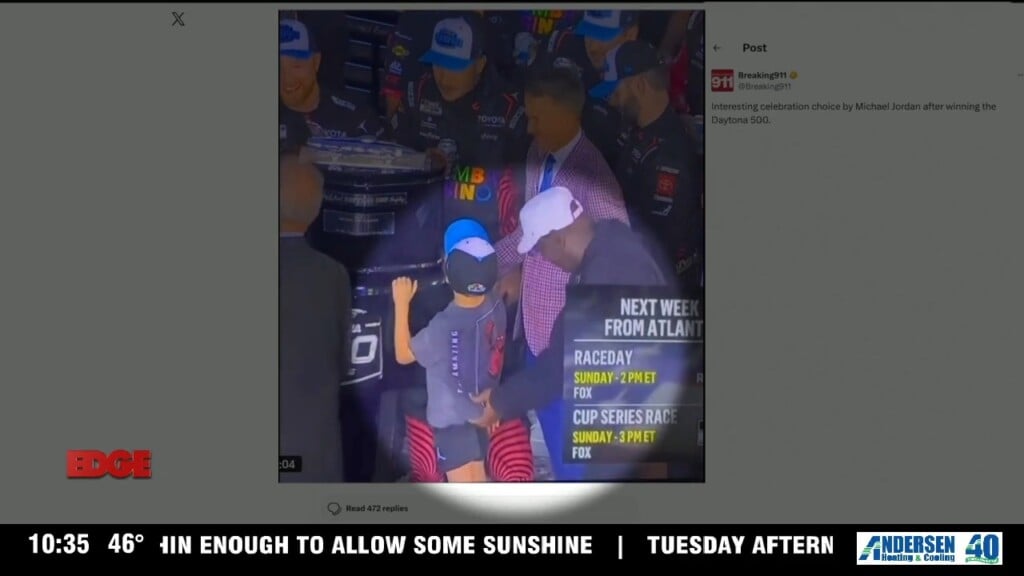The $2.8 billion NCAA settlement awaiting final approval from a federal judge is touted as a solution for thousands of athletes to finally get the money they deserve and provide some clarity to recruiting. For some, it may have come too late.
Sophomore distance runner Jake Rimmel says he was one of five walk-ons cut from Virginia Tech’s cross country team after Thanksgiving break. Rimmel decided to take a leave of absence and train independently while considering his next move — something that’s proven easier said than done.
“Everyone’s got their hands tied right now, so there’s just not many opportunities for me,” Rimmel told The Associated Press. “I’ve just been having to bet on myself and trust the process. It’s just been lonely. I’ve been at home training by myself and living with my family again. Thank God for my family and all, I appreciate them. It’s still kind of lonely though, being out of the norm, not being at school and with my friends.”
Pending approval, the so-called House settlement will allow schools to share revenue with athletes directly for use of their name, image and likeness (NIL). That could secure generational wealth for some but not others, and replacing scholarship caps with roster limitations is expected to leave walk-ons, partial scholarship earners, nonrevenue sport athletes and high school recruits at risk. There are deep concerns about the potential impact on sports that feed the U.S. Olympic teams.
U.S. District Judge Claudia Wilken told attorneys handling the settlement to come back to her with a plan soon to protect athletes currently or recently on rosters at schools across the country, a request seen as a way to soften the blow.
That filing came late Wednesday, with attorneys saying schools must offer athletes who lost their spots a chance to play — at their old school or their new school — without counting against the roster limits for as long as they have eligibility.
There is no guarantee those athletes will win a spot on the roster and, for now, thousands of athletes like Rimmel have no idea where they might be this fall or are in jeopardy of no longer playing college sports at all. And many athletes balancing school and their sport are unaware of what’s at stake and have more questions than answers.
Belmont track and field athlete Sabrina Oostburg said everything she knows about the settlement is from personal research.
“My school doesn’t do a lot of education around it (the settlement). Every now and then, we’ll be told, ‘Hey, if you want to sign up to potentially get some money from this House settlement that’s happening, you can do that,’” Oostburg said. “It’s almost like the education we’re being given is optional to consume, even though it’s limited.”
Oostburg is used to taking matters into her own hands, securing over 50 NIL deals by herself. She has contacted lawyers and asked for updates on the settlement, but she’s not quite reassured. The chaotic nature of college athletics, so obvious to the public, is even worse for the athletes themselves.
“Being a college athlete, it’s so hard to stay up to date with what’s happening every day because it’s so constantly changing,” she said.
Smaller, nonrevenue-generating programs don’t often have a point person to navigate NIL deals or educate athletes. At Belmont, Oostburg said, NIL-related responsibilities are managed by an already busy compliance office.
“To take time to learn about what’s happening is just so time-consuming, especially if you’re not in that one percent or one of the football players where they have people dedicated to helping them stay up to date,” she said.
Over the next six weeks, athletes will wrap up their spring semesters and many of them have league tournaments or even NCAA championship competition ahead before what many expect will be the final summer before college sports sees some of the most dramatic changes in history.
For athletes like Rimmel, those changes are already here. On the bright side, his name was among those on an eight-page list of “designated student-athletes” released in Wednesday’s court filing, meaning he is one of many who will be able to seek a roster spot without counting against a school’s roster limit.
Some of the others cut from the Virginia Tech program have given up on their dreams of collegiate running altogether. Rimmel hasn’t given up completely; he spoke with his former coach recently, who said the Hokies’ athletics department is still trying to figure out what’s to come.
“I’m still kind of hoping I might be able to find my way back there next fall,” he said.





